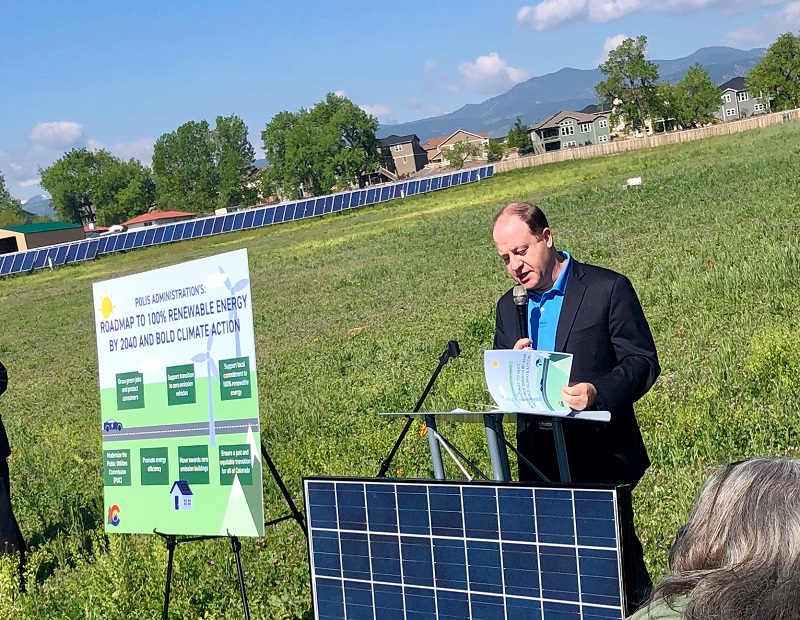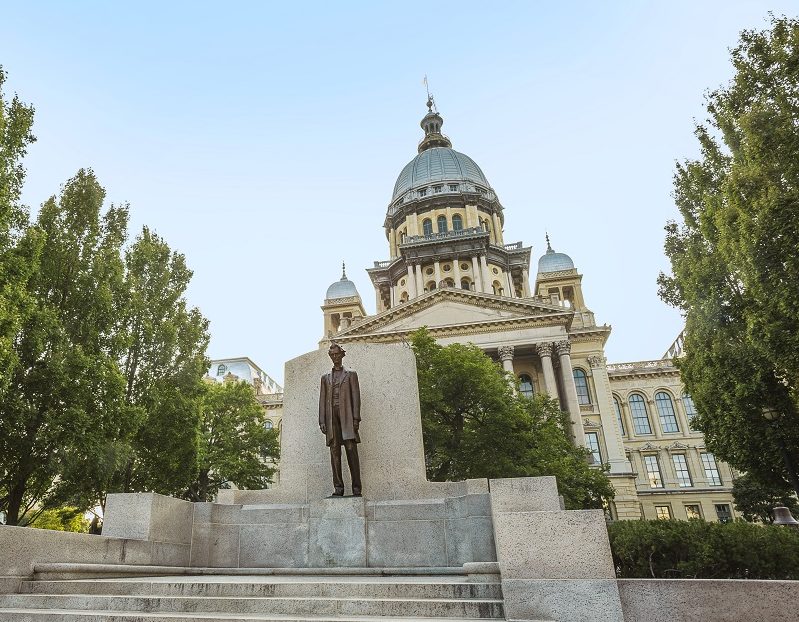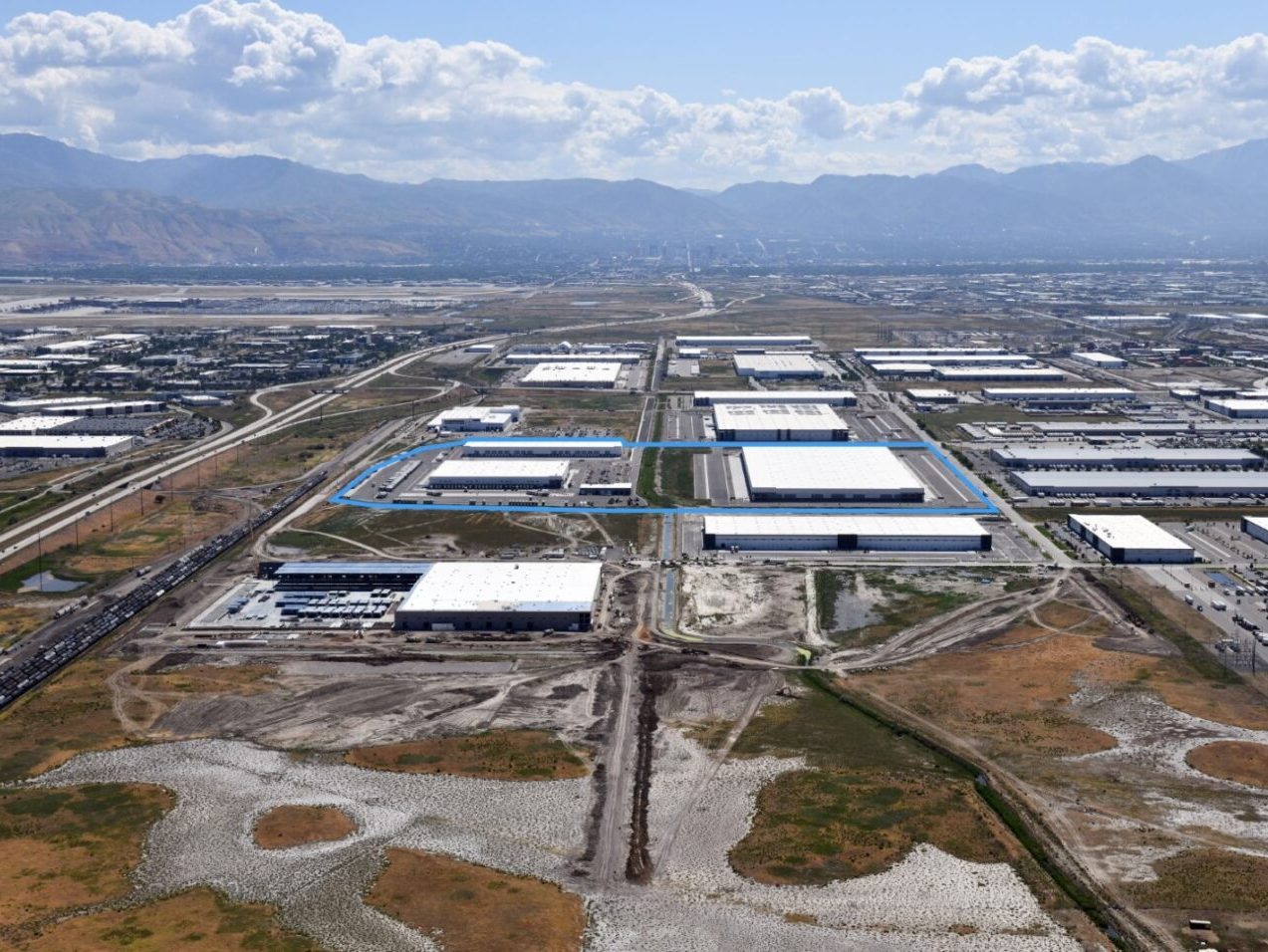Virus Diverts Energy Legislation Pipeline
Bills with implications for property operators are on the agenda at statehouses around the country, awaiting the easing of the crisis.
One side effect of the coronavirus outbreak on state governments is that it has stalled a variety of measures that would influence property operations. While the impact differs widely by state, some larger trends are emerging.
Legislative and regulatory action initially focused on expanding regulators’ authority to hold virtual meetings, as well as the suspension of disconnections for non-payment. Some state regulatory commissions, including those in Arizona, Connecticut and Ohio, opened broad dockets to investigate and address COVID-19 related impacts as they emerge.
“Some state commissions, including Alaska, Hawaii, Kentucky and Pennsylvania, have broadly postponed regulatory deadlines or allowed for greater flexibility in complying with deadlines,” reported Cory Felder, senior associate at the Rocky Mountain Institute.
Here’s a roundup of the pandemic’s impact on key state energy-related initiatives:
Colorado

Colorado Gov. Jared Polis signs the Community Solar Garden Modernization Act Polis at SunShare’s JeffCo Community Solar Gardens in 2019. Photo courtesy of SunShare
Proposals in the pipeline would expand distributed generation, such as rooftop solar, community solar gardens and other customer-sited renewable energy sources, said Corrina Kumpe, general counsel & director of policy at Denver-based SunShare.
“The legislation creates financial incentives to encourage public utilities to make distribution system upgrades,” she said. “However, this legislation will necessarily be stalled in light of the current focus to alleviate pressing health and fiscal needs of Coloradans.”
Illinois
Gov. Jay Pritzker earlier signaled he wanted the state General Assembly to take up comprehensive clean energy legislation in the Clean Energy Jobs Act (CEJA) during the spring session ending May 31.

Illinois State Capitol. Courtesy of Illinois Office of Tourism
“Illinois has a strong Democratic majority and the legislation was likely to pass,” reported Kevin Brehm, a manager of Rocky Mountain Institute’s electricity practice. “It now seems unlikely that policy will be taken up in the spring session, though CEJA coalition members hope the legislation can be advanced in the fall veto session.”
Michigan
Pending bills would give customers more control over owning distributed solar; allow greater net metering and distributed generation customer recovery; and remove further cost barriers to solar and distributed generation participation, said John Freeman, executive director of the Great Lakes Renewable Energy Association in Madison, Mich.
“(The) feeling was we were nearing the committee process, and that they would be taking a vote reasonably soon in the Senate Energy and Technology Committee,” he said. “That’s on hold now, obviously.”
Minnesota
Among policy initiatives is the Energy Conservation and Optimization Act, a wholesale update and modernization of Minnesota’s energy efficiency programs, which seeks to give utilities additional tools to conduct efficiency programs.

Minneapolis skyline. Courtesy of Daniel McCullough via Unsplash
Property owners would benefit from utilities being able to go beyond conventional energy efficiency, said Justin Fay, director of governmental affairs at Fresh Energy, a St. Paul-based nonprofit.
This initiative may have a better chance than others to move forward in 2020. “The job growth and job creation potential of energy efficiency is particularly timely given the pandemic’s effect on the economy,” Fay said.
Nevada
The Rocky Mountain Institute is facilitating a process to help the Public Utilities Commission develop rules to evaluate electric utility alternative ratemaking proposal. The commission has not formally announced a delay, Felder noted.
New Jersey
The state’s Board of Public Utilities has attempted to continue functioning remotely. , “They are moving ahead with updating their efficiency and solar programs,” said Charles Teplin, Rocky Mountain Institute manager.
New York

Lower Manhattan. Image courtesy of King of Hearts
The recently enacted 2020-21 New York state budget demonstrates a commitment to staying the course in leading U.S. and world climate and energy initiatives, said Anne Shellum, an engineer in the cities group at the consultancy Buro Happold.
It includes a $3 billion Restore Mother Nature Bond Act, $740 million in additional state funding for resiliency and environmental conservation, $28 billion for green energy and $1.5 billion for carbon-free transportation. The budget also permanently bans spending for fracking in the state. Of special significance: inclusion of the Accelerated Renewable Energy Growth and Community Benefit Act, created to speed the pace of build-ready renewable energy projects; and the Green Economy Tax Credit, totaling as much as 7.5 percent of the wages for each net new job tied to a green economy business.
Washington
Signed into law last year, the Clean Buildings bill requires commercial property owners to bring their buildings up to average levels of energy efficiency at a minimum. “The regulations are to go into effect in November,” reported Rob Harmon, executive director of Seattle-based Metered Energy Efficiency Transaction Structure (MEETS) Accelerator Coalition. “I’ve not heard anything about a delay in those regulations.”
Seattle City Light just rolled out its MEETS expansion, called Energy Efficiency as a Service. “Despite the tight deadline and lockdown due to COVID-19, it received five applications for large commercial buildings from energy tenants on (the deadline of) March 31st,” he said. The deadline was extended three weeks, indicating additional interest from energy tenants.







You must be logged in to post a comment.